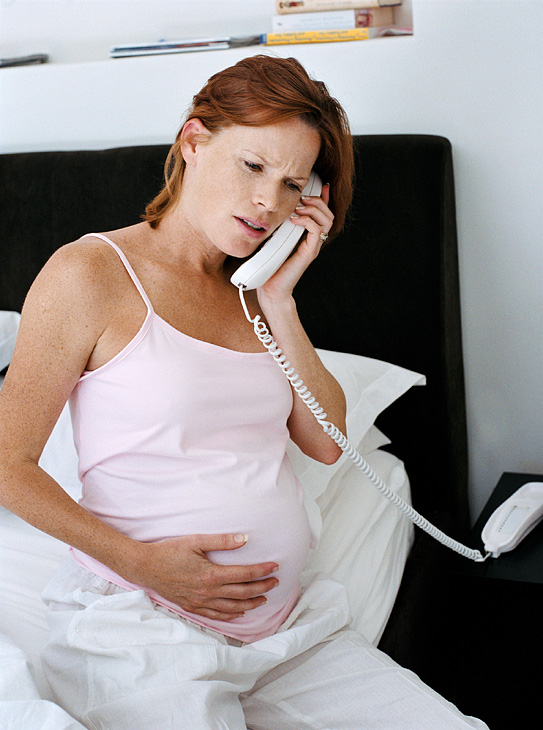 Published: Thursday, December 23, 2010 at 8:41 a.m. last Modified: Thursday, December 23, 2010 at 8:41 a.m.
Published: Thursday, December 23, 2010 at 8:41 a.m. last Modified: Thursday, December 23, 2010 at 8:41 a.m.
Sometimes mood swings and fatigue aren’t just a part of being pregnant. For some women, those symptoms can mask something more serious.
Up to half of pregnant women experience depressive symptoms, and about 13 percent develop antepartum depression, according to a researcher at East Carolina University who recently received a grant to study interventions that might help women through those emotions.
Early intervention is important because as much as 50 percent of women who suffer antepartum depression during their pregnancy also will have postpartum depression after delivery, said Elizabeth Jesse, an ECU associate professor of graduate nursing science and assistant professor of obstetrics and gynecology in the Brody School of Medicine.
Jesse, who also is a certified nurse midwife, received a nearly $641,000 grant from the National Institute of Mental Health to study the issue and run a program for low-income pregnant women at risk for depression.
For the project, she will collaborate with colleagues at the University of North Carolina at Chapel Hill, Vanderbilt University and the University of Virginia.
As part of the three-year grant, participating women in Pitt County will meet with a social worker and an assistant called a “resource mom” to identify and solve stress and emotional problems during their pregnancy to see if the interventions are beneficial.
Jesse’s program, dubbed Insight Plus, is intended to help the women reduce stress, set goals and improve self esteem.
“It is my theory that by decreasing risks and increasing resources these women will improve,” Jesse said in a statement. “Should the Insight Plus program prove to be feasible and effective, it will be a model for delivering care by public health staff and lay helpers.”
A review panel from the NIH said findings from Jesse’s study would be relevant for public health beyond the site because “the intervention is integrated within rural prenatal clinics, including the local health department, where access to mental health resources for treating and preventing antepartum depression is limited,” a press release stated.
Read more at Pulse.Blogs.StarNewsOnline.com.